Faculty senate passes no confidence resolution in Chancellor Sheri Everts’ leadership
Chancellor Sheri Everts addressing faculty at a special faculty senate meeting called to discuss the stagnation of salaries in February 2018.
August 17, 2020
App State Faculty Senate passed a resolution of no confidence in Chancellor Sheri Everts Monday after more than two hours of debate.
Michael Behrent, chair of faculty senate, began Monday’s meeting by clarifying that a resolution of no confidence doesn’t mean a resignation from the chancellor, but is instead symbolic. The senate approved the resolution of no confidence with 23 votes in favor, 12 against and 6 abstained.

The resolution, authored by Michael Hambourger, an associate professor in the Department of Chemistry, states that previous chancellors’ vision and communication skills have made App State one of the premier universities in the state of North Carolina. Everts, however, is “frequently isolated from and unable to effectively communicate with faculty” and has failed to strengthen the university’s finances, make transparent decisions, and unify the university community.
Hambourger wrote that many faculty members have expressed disappointment in the chancellor in the last three years over her delayed response to declining faculty salaries, and plans to reopen the university this fall caused further frustration.

In Monday’s faculty senate meeting, Hambourger said it’s a challenging time to lead. However, he said the chancellor’s priorities have not aligned with keeping students and faculty safe.
“In numerous instances, Chancellor Everts has shown herself more interested in protecting the university’s image than of protecting the university’s people or academic mission,” Hambourger said.
Hambourger argued that while diversity was one of Everts’ 2015 objectives, her response to the HB2 bathroom bill, which was passed in North Carolina came a full week after student sit-ins. He also acknowledged the chancellor’s 11-day silence after the murder of George Floyd before messaging students. Hambourger said this was followed by more silence leading up to the “insensitive mishandling of a July 21 meeting with the Black At App State coalition.”
Martha McCaughey, a professor in the Department of Sociology, said Everts has made decisions that are “detrimental” to the university.

“She chose to gut academics,” McCaughey said on Everts’ decision to not boost academic budgets and raise faculty salaries after the UNC System board of governors allowed faculty raises. “The chancellor and her team of extremely well compensated executive administrators told us that they can’t move money. This was not even true. We had to call them on it, and show them that they could move money.”
Other faculty members expressed frustration about the timing of the resolution.
“I’m not really sure what the purpose of a no confidence vote is. I personally think there’s a zero chance the board of governors are going to remove a chancellor right now here in this particular situation,” said Ray Williams, a professor in the biology department. “I guess I just feel like this is a little bit ill-timed, if not a lot ill-timed… But I think what is going to maybe allow us, the faculty senate, is to reevaluate ourselves and how we can be maybe trying to move some things forward in a better way in the future for ourselves.”
Benjamin Sibley, program director of health and physical education, said he and his colleagues in the Department of Recreation Management and Physical Education have always felt supported by the university, and said he sees the university working toward its enrollment goals.
Before the meeting, Everts and Interim Provost Heather Norris sent an email to members of the faculty senate after receiving a media inquiry related to the vote. They said they first wanted to communicate directly with faculty.
The email stated that no senior level university administrators would attend Monday’s meeting because two members of the faculty senate are named as plaintiffs in a lawsuit against App State, the UNC System and Gov. Roy Cooper.
The email also reminded members that the board of trustees approved a vote of confidence in Everts, Norris, and Athletic Director Doug Gillin this summer.
Everts and Norris wrote that they have enjoyed departmental meetings with faculty and will continue to utilize them for communication.
“We need and want your input and will continue to seek it,” they wrote.
The senate also voted to support the Plemmons Student Union as an on-campus voting site and to “hold the board of governors and Chancellor Sheri Everts responsible for any illness and death resulting from COVID-19 as a result of reopening campus.”
The second resolution was proposed by Matthew Robinson, a professor in the Department of Government and Justice Studies.
Robinson said the resolution wouldn’t hold the chancellor and BOG legally accountable, but would instead send a strong signal about the senate’s views on bringing students back to campus and the Boone community, which has limited hospital space. Watauga Medical Center has 117 hospital beds and 30 isolation beds.
Jay Fenwick, a professor in the Department of Computer Science, said Monday, the first day of in-person classes since March, he was incredibly nervous to head to campus. But, he said he felt safer on campus than he did at Harris Teeter on a Saturday afternoon.
App State is making face masks and social distancing mandatory for anyone on campus, and has implemented stricter cleaning regulations. Many classes are also taking place online.
The next faculty senate meeting is Sept. 14.

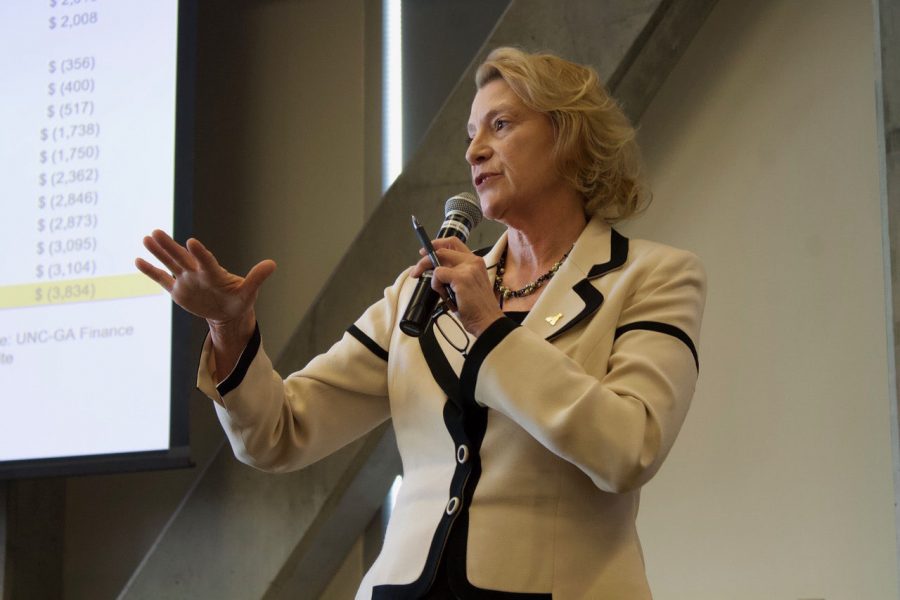







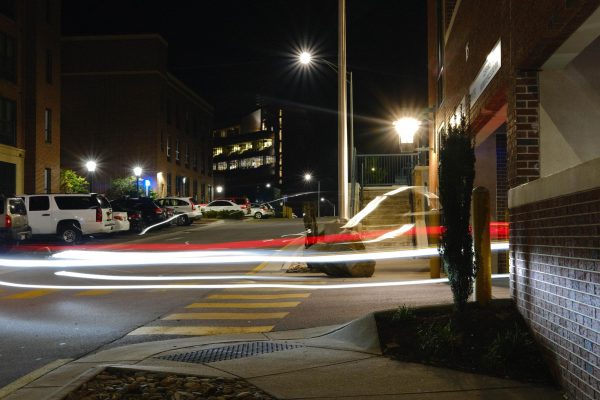

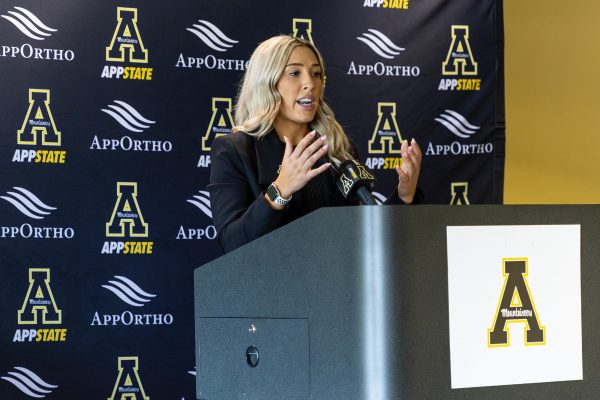


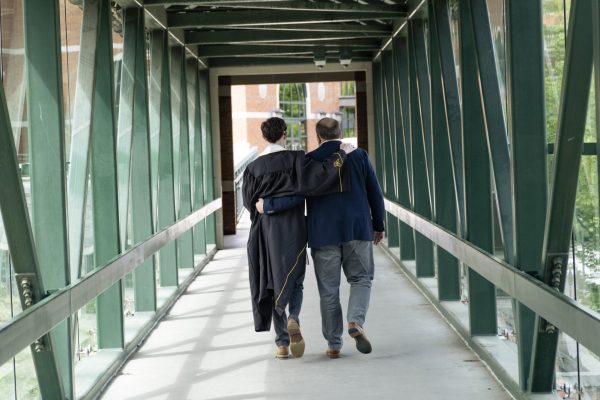

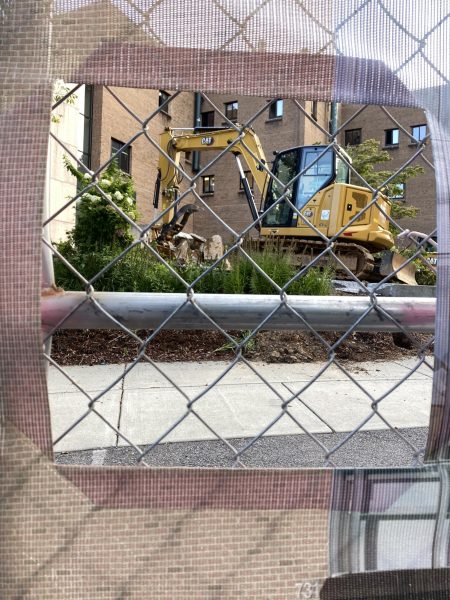

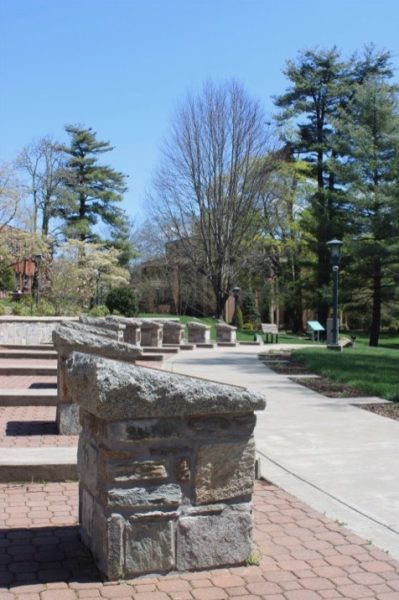
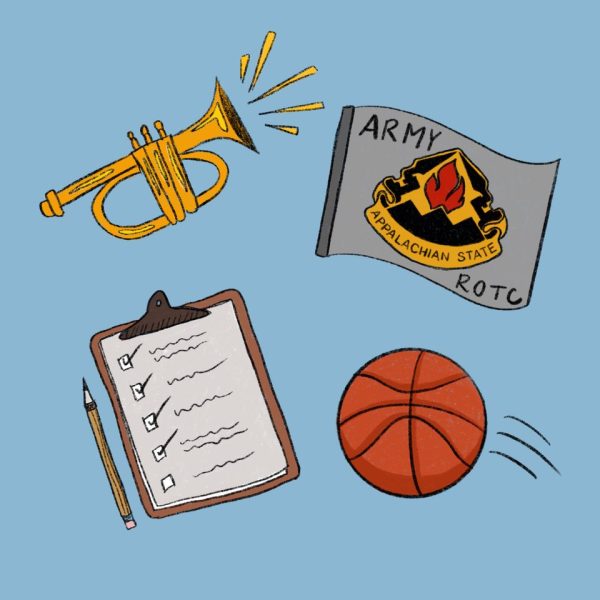
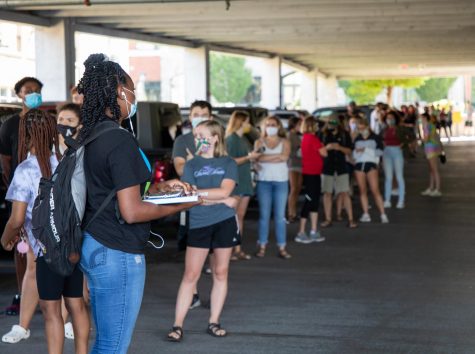
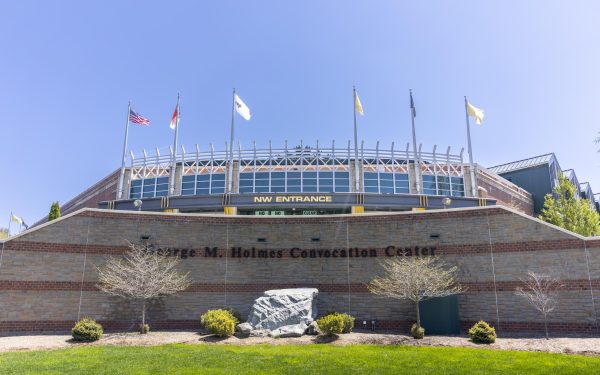

Austin • Aug 19, 2020 at 8:24 am
Good for them. Everts has led the charge in destroying one of the greatest universities in the state. She’s a disgrace and needs to be removed from office sooner rather than later.
John Setzer • Aug 18, 2020 at 7:10 pm
A bunch woke PhDs afraid to go to work so they go to the blame game.
David Morgan • Aug 18, 2020 at 2:20 pm
As an alumnus I believe we would like to see specifics. while there may be issues attributed to the Chancellor I believe a vote of no confidence in the State Legislature would be more in order. Distribution of funds is going to other universities inequitably. Thanks to The Appalachian for keeping us informed/
Daniel • Aug 18, 2020 at 8:36 am
Very nice job getting primary quotes!
Kevin Gamble • Aug 18, 2020 at 6:08 am
Important note:
The email from Everts and Norris was sent *after* the meeting. They may have sent it before, but it is time-stamped at 6:19pm in my inbox. The meeting ended just minutes before that time.
Helen • Aug 18, 2020 at 12:26 am
So easy to debate what is wrong with absolutely no power or effort to correct it. Blah, blah, bhal, because u have PhD’s.
Meredith Nanney • Aug 17, 2020 at 10:23 pm
excellent work ladies!!